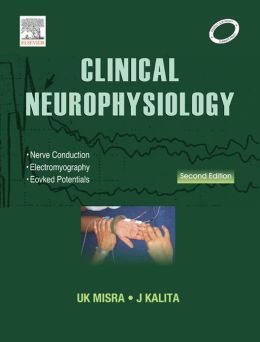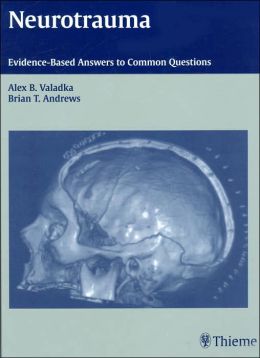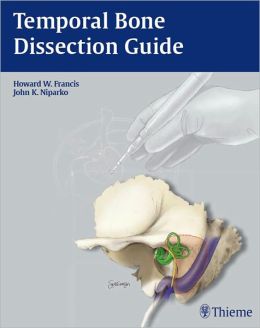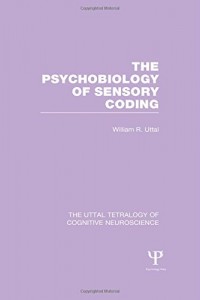-59%
Neuropsychological Assessment in Schools: A Comprehensive Guide for Professionals
Introduction
Neuropsychological assessment plays a pivotal role in understanding and addressing neurocognitive challenges in school-aged children. This specialized field evaluates brain-behavior relationships, providing valuable insights into the educational and developmental needs of students.
Key Components of Neuropsychological Assessment
Neurodevelopmental History:
- Gathering information about the child’s prenatal, birth, and developmental history can uncover potential risk factors for neurocognitive difficulties.
- Medical, social, behavioral, and academic histories are essential for a comprehensive understanding of the child’s trajectory.
Assessment Instruments:
- Neuropsychological test batteries, such as NEPSY-II, WISC-V, and DEFS-EF, assess various cognitive domains, including intellectual functioning, language abilities, attention, and executive functions.
- These tests provide standardized measures of the child’s abilities and identify areas of strength and weakness.
Evaluation Process:
- A systematic and thorough evaluation involves administering assessment instruments, observing the child’s behavior, and conducting interviews with parents, teachers, and other professionals.
- The evaluator carefully interprets the test results and synthesizes information from multiple sources to form a comprehensive neuropsychological profile.
Interpretation of Results:
- The neuropsychologist analyzes the test data to identify patterns and discrepancies that suggest neurocognitive impairments.
- They consider the child’s developmental stage, cultural context, and comorbid conditions to accurately interpret the findings.
Treatment Planning
- Neuropsychological assessment provides a strong foundation for developing effective treatment plans.
- The evaluator collaborates with educators, mental health professionals, and parents to identify appropriate interventions that address the child’s specific needs.
Advances in Neuropsychological Assessment
The third edition of Essentials of School Neuropsychological Assessment incorporates cutting-edge advancements in the field, including:
- Updated Test Batteries: Includes the latest iterations of NEPSY-II, WISC-V, and DEFS-EF, providing the most comprehensive and up-to-date assessment tools.
- Online Resources: Provides access to case studies, searchable test databases, and neuropsychological processing concern checklists to support practitioners.
- Enhanced Sample Report Shells: Offers guidance on report writing, ensuring clear and concise communication of findings and recommendations.
Benefits for Professionals
- Practical and Concise Guide: Offers a concise overview of the essential elements of school neuropsychological assessment.
- Evidence-Based Practices: Outlines proven assessment and treatment methods to ensure optimal outcomes for children.
- Time-Saving Tools: Includes callout boxes, bulleted points, and test questions to facilitate efficient learning and knowledge retention.
Conclusion
Essentials of School Neuropsychological Assessment, Third Edition, is an indispensable resource for school psychologists and mental health professionals seeking to enhance their competence in neuropsychological assessment. By understanding the key components, advancements, and practical applications of this field, professionals can empower children with neurocognitive challenges to reach their full potential.
maybe you like these too:
- Developmental Psychology: A Students Handbook
- Psychological Testing: A Practical Approach to Design and Evaluation
- Sleep Medicine, An Issue of Medical Clinics of North America (The Clinics: Internal Medicine) (Original PDF from Publisher)
- Health Assessment for Nursing Practice, 5e (Original PDF from Publisher)









Reviews
Clear filtersThere are no reviews yet.